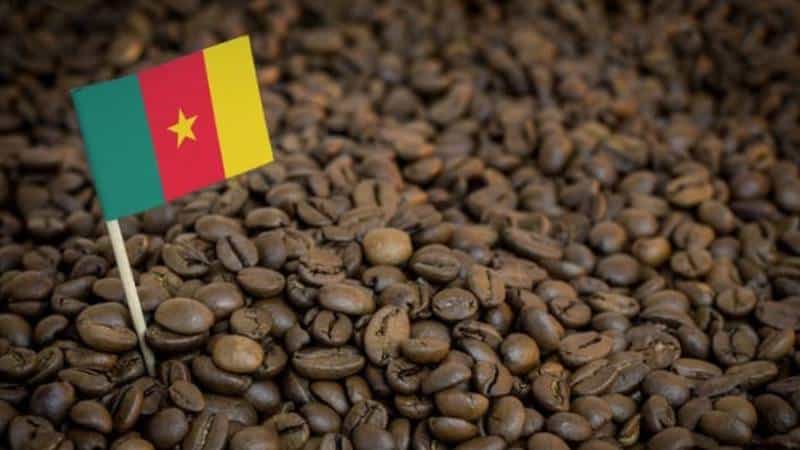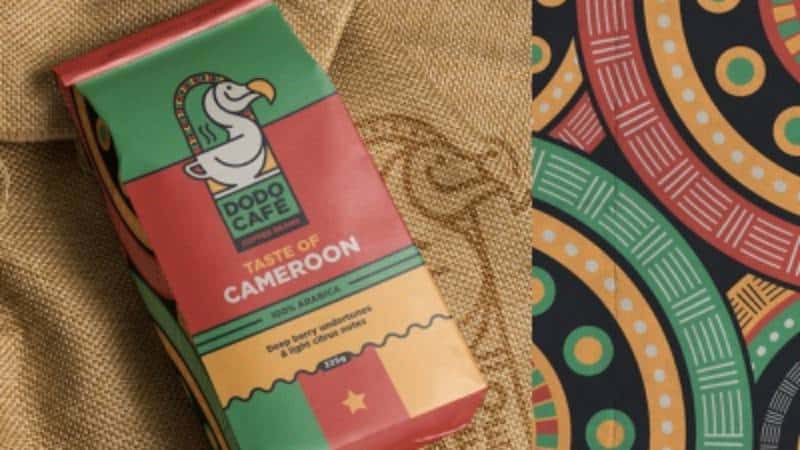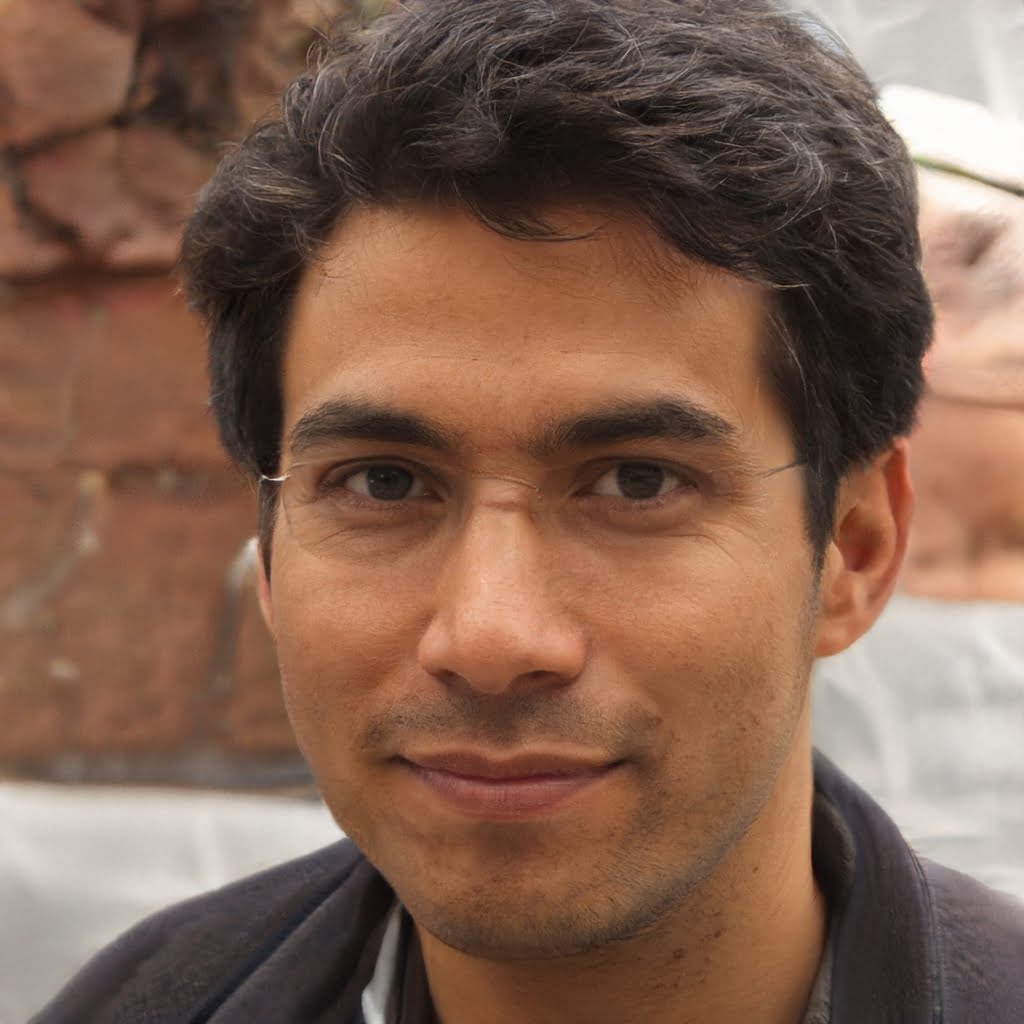One of the world’s most unusual and strongest coffees comes from Cameroon. Though it is grown in Africa, it has a flavor profile that is very similar to those of espresso blends but with a much richer body. The coffee beans are roasted darkly before they are ground to create this intense brew. This blog post will discuss how you can find high-quality Cameroon Coffee for your next cup!
See Also:
About Cameroon
Cameroon, on the Gulf of Guinea, is a Central African country famous for its varied terrain and wildlife. Its inland capital, Yaoundé, and its biggest city, the seaport Douala, are transit points to ecotourism sites as well as beach resorts like Kribi – near the Chutes de la Lobé waterfalls
Cameroon Coffee originated in the nearly 2100 islands that make up this country. The country’s name is derived from Rio dos Camarões (“River of Prawns”)—the name given to the Wouri River estuary by Portuguese explorers of the 15th and 16th centuries. Camarões was also used
As a result of its elevations and rich volcanic soil, coffees from Cameroon are generally of high quality. With origins that have chocolate notes, the flavor is well-rounded with a full body.
The coffee industry is vital to the economy of Cameroon, with Robusta grown extensively in coastal areas and Arabica more prevalent in western highlands. The two varieties of Arabica cultivated are Java and Jamaica; the former is resistant to pests such as Coffee Berry Disease and rust while only the Java variety remains disease-resistant. In 2014, Cameroon was ranked as the world’s leading producer of Arabica beans by global coffee trade organization CQRO, with total production reaching 17.18 million bags

Coffee grows in Cameroon along the coast and higher mountainous regions. Robusta is more common on farms by the sea, while Arabica grows most commonly up high plateaus.
Coffee grown in Cameroon is less well-known than coffee grown elsewhere, but that hasn’t stopped us from taking the time to discover everything you need to know about this amazing place. Here we will explore the history of coffee production in Cameroon and teach you which regions are home to which unique beans, as well as how these beans differ from one another.
Cameroon Coffee History
Cameroon’s coffee history began with outside influence. In 1884, German colonizers realized Cameroon’s climate and geography were perfect for producing coffee beans.
It didn’t take long for Cameroon to become a significant coffee producer, and this was large because René Coste began experimenting with importing coffee trees in 1928. 200,000 seedlings were planted in Dschang, the westernmost city of the country.
Even though Cameroon once produced a significant portion of the world’s coffee, they are now the 21st largest producer. Their position has been hindered by both governmental interference and economic difficulties.
Present Day Cameroon Coffee Production
Today, Cameroon produces both Robusta and Arabica coffee. Robusta exports outnumber Arabica by four to one. Almost all of the country’s Robusta exports are destined for Belgium, France, or Portugal; Germany accounts for 70% of their Arabic shipments.
Cameroonian coffee farmers can now boast of a new win: an increased export tax in January 2014.
Constant coffee is grown in Cameroon’s seven regions; West, Northwest, Littoral, Southwest, South, Centre, and East Region. Arabica trees dominate the high plateau areas in Bamileke and Bamaoun. Robusta varieties are grown at mid-elevations mostly in the west region of the country and also to some degree in Abong-Mbang, Abong Mpassa, and Dschang.
Cameroon is the first country in Africa to produce ‘espresso’ coffee on a large scale (as of 1998). This type of coffee is not as strong as Italian espresso because Cameroonian beans are lower grade than Arabica; it contains more Robusta beans.
The production of Cameroon’s coffee relies on the ministries of agriculture and rural development as well as scientific research and innovation. There are various projects to boost coffee production under these organizations.

Making Cameroon Coffee
African coffee is most often brewed by a pour-over method, in which the water flows over and through the grounds. I find Boyo’s Arabica beans to work best when following this method, though other types of beans will need to be brewed according to their specific requirements.
If you decide to purchase some Cameroon coffee, we would recommend Boyo if you are willing to pay a little extra. It’s not absurdly expensive but it might be more than what your budget allows. If you buy some Boyo coffee, try brewing with a pour-over as the beans will have flavors of floral and fruit that come out in this brewing method.
Some Other Related Questions
IS CAMEROON COFFEE GOOD?
When it comes to coffee, Cameroon has a lot in store for you – resting on its every side are both Arabica and Robusta beans. But if you want to get the best of what is available here, then you should go for the Boyo-grown bean from Northwest Province instead.
WHAT IS THE BEST AFRICAN COFFEE?
The Best African Coffee Brands:
– Volcanica African Kenya Coffee Beans — Best Overall.
– Cooper’s Cask Ethiopian African Coffee – Best Decaf.
– Fresh Roasted LLC Tanzanian Peaberry Coffee.
– Screen 18 Kenyan Coffee – Best Ground.
– Stone Street Ethiopian Yirgacheffe Coffee.
WHICH COUNTRY IS RICH IN COFFEE?
Brazil is the largest coffee producer accounting for 25% of total world production. This makes Brazil’s weather conditions significantly impact the price of coffee on a global scale.
Conclusion
Not many people think of Cameroon when they think about coffee-producing countries. Compared to other African countries like Kenya and Ethiopia, Cameroon’s coffee production isn’t very impressive so we understand why they might fly under the radar. However, overlooking Cameroon altogether is a mistake as they produce some high-quality beans that are excellent examples of modern specialty coffee.

Felix Hendricks is a skilled barista with over 12 years of experience. He excels in crafting coffee and has a strong foundation in coffee machine mechanics. Felix holds a Coffee Machine Maintenance Certification from the Coffee Equipment Technical Institute, showcasing his ability to diagnose and repair coffee machines. He’s also worked as a quality control specialist, selecting premium coffee beans for optimal flavor. Felix has a diverse work history, including stints at renowned coffee spots like Café Euphoria & Starbucks. His expertise in both brewing and machine maintenance makes him a respected figure in the coffee industry.
